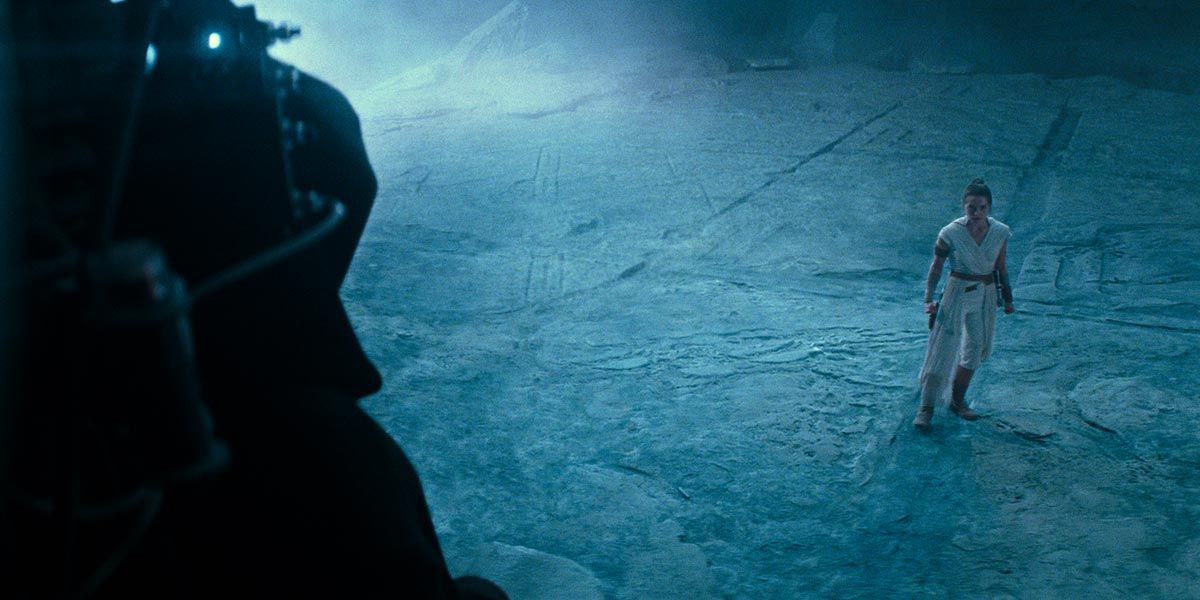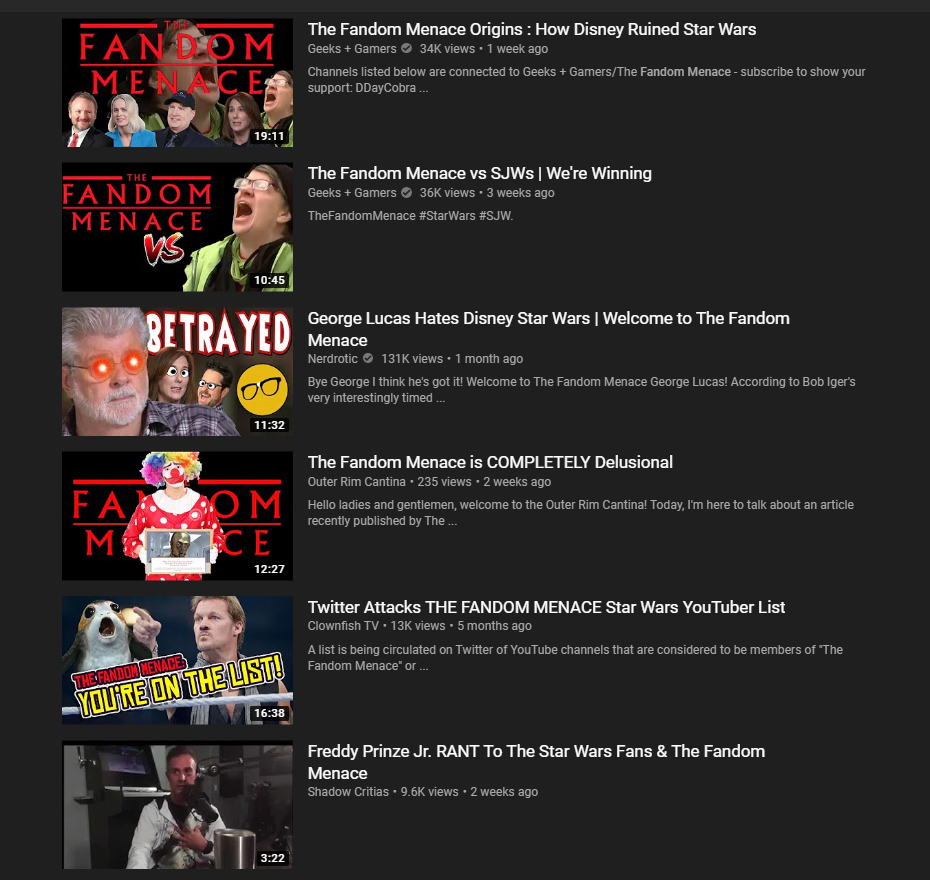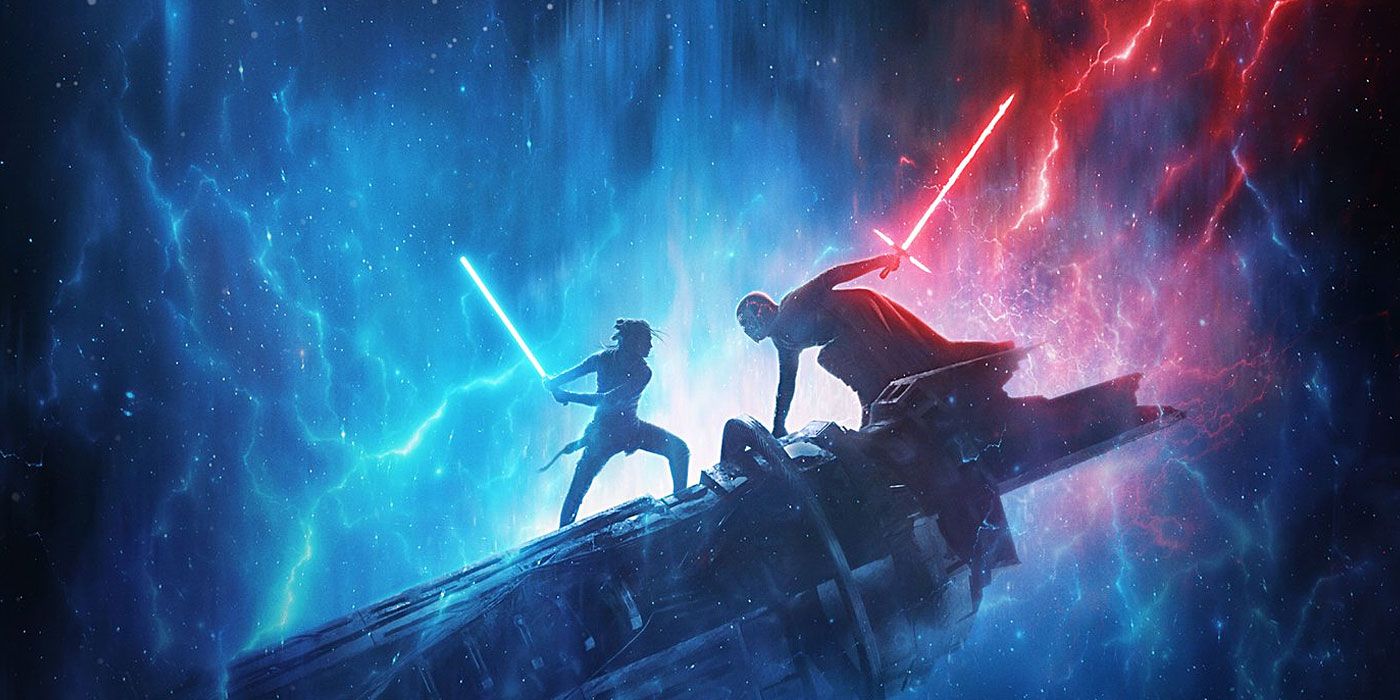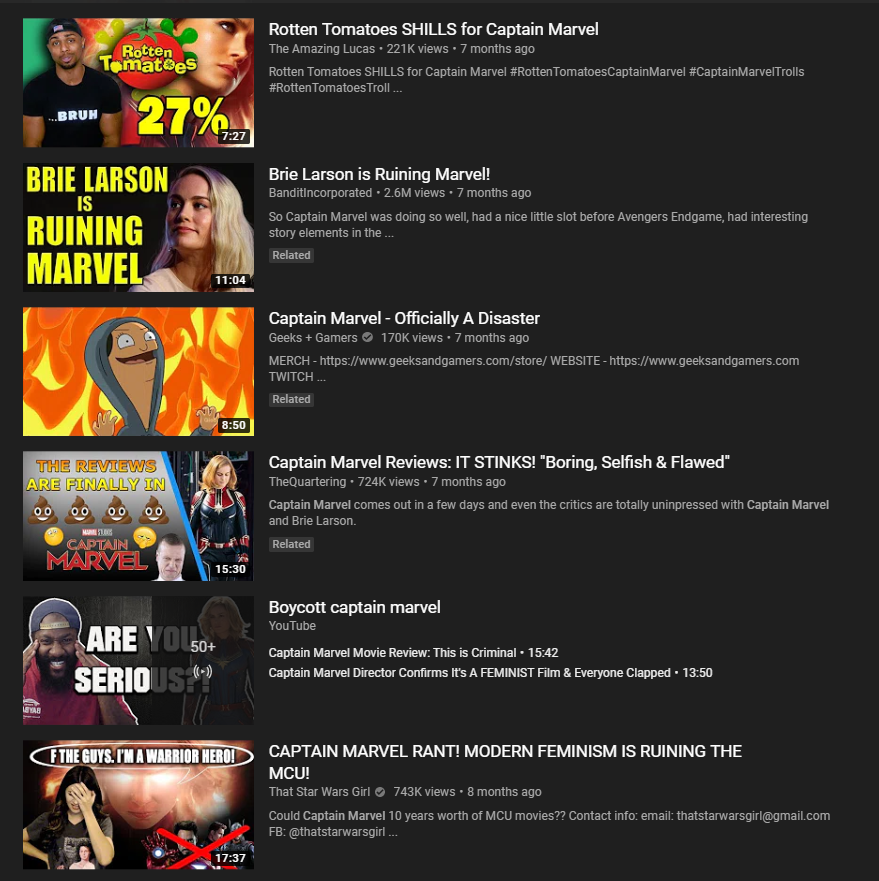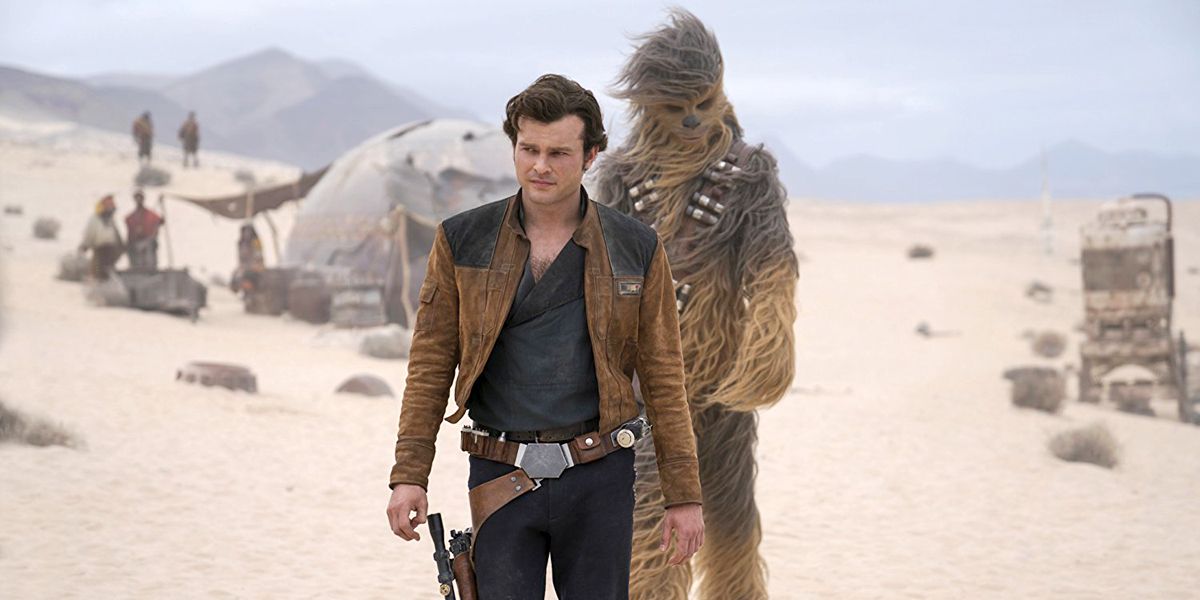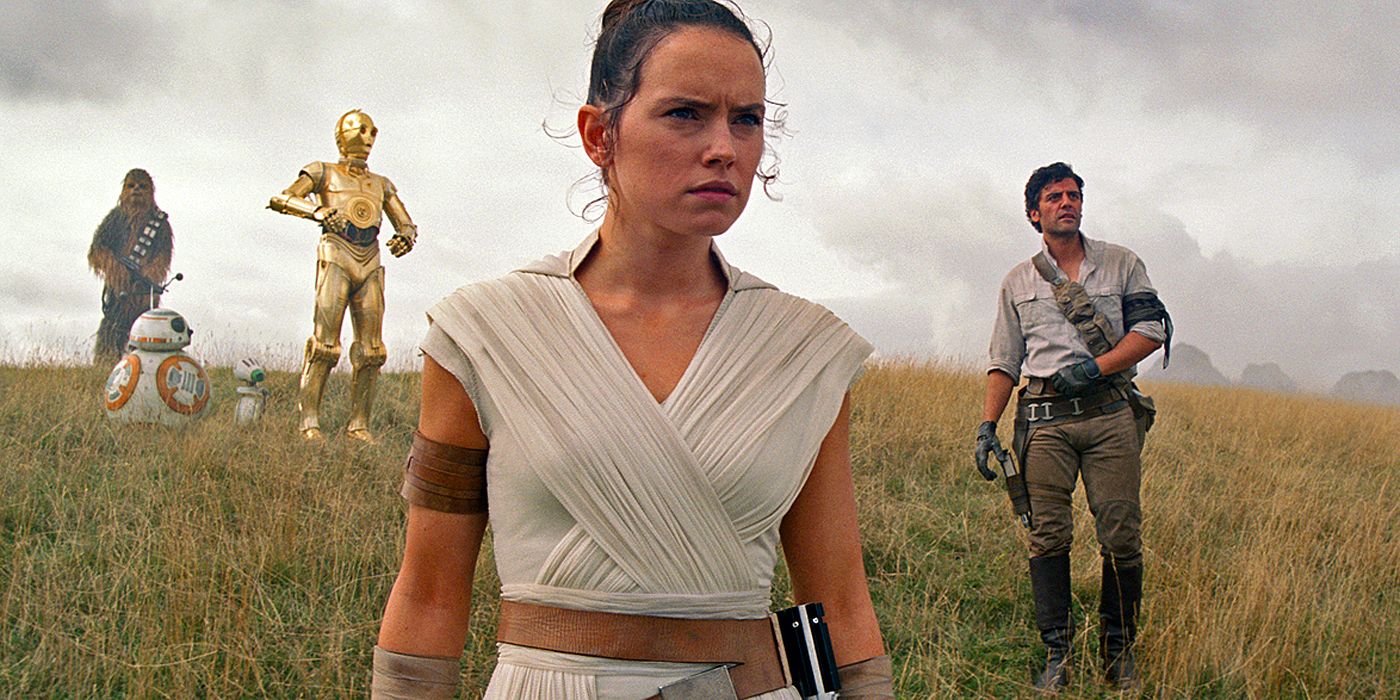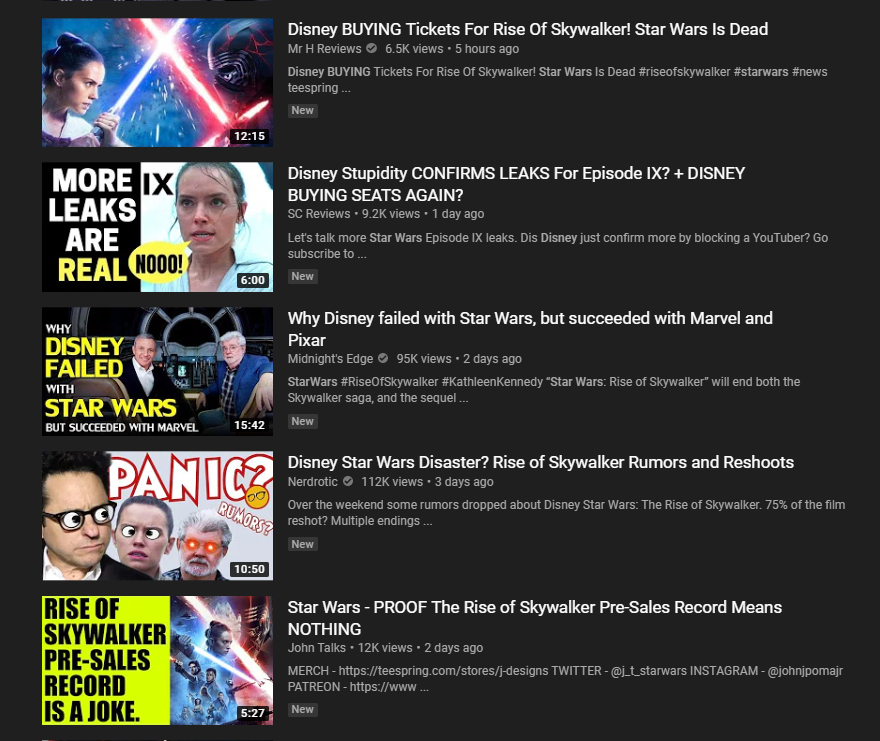People online have been declaring Star Wars dead ever since The Last Jedi grossed more than $1.3 billion. Many people insisted that Disney had abandoned the "true fans" of the series, choosing instead to focus on the needs of those less interested in Star Wars as a brand and more interested in Star Wars as a vehicle used to appeal to a different demographic -- one they referred to as "social justice warriors" and "fake fans."
Many fans insisted that they would boycott all future Disney Star Wars productions. However, that boycott had little impact on Episode IX. As of now, The Rise of Skywalker's ticket presales have broken records -- records previously broken by Avengers: Endgame, the highest grossing film of all time. In the first day alone, it outsold Endgame's first day presales by 45%.
Why Did People Want to Boycott Star Wars?
Let's get this out of the way right now: if you didn't like The Last Jedi, that doesn't mean you're one of the individuals we're about to discuss. There are plenty of legitimate reasons a fan might not enjoy The Last Jedi. No film is above criticism, after all, and while many people loved the film, plenty found it to be a betrayal of the series they had grown up loving.
Many popular film critics, such as Jeremy Jahns, have expressed disappointment in The Last Jedi and Star Wars under Disney in ways that are constructive and informative. Even if you don't agree, you can at least see the rationality behind what they're saying.
Not all online critics, however, have been so articulate or fair. Many YouTubers with large followings, including Geeks + Gamers, Ethan van Sciver and Grace Randolph, took issue with the film "pandering" to social justice warriors and leftist political agendas by putting women and racial minorities front and center.
Piggybacking off other people's talking points, those with intense political biases convinced themselves the majority of fans agreed with them. This led to the "Fandom Menace," a group of particularly aggressive fans who trolled all Star Wars-related content. As a result, the online discourse surrounding both The Last Jedi and upcoming Star Wars projects became almost militant. Some YouTubers and online critics attacked everything Lucasfilm did regardless of what it was. Meanwhile, a lot of misinformation was spread due to either a lack of research or deliberate lying.
The group attacked everyone they blamed for what they saw as Star Wars' failure, from Kelly Marie Tran to Rian Johnson to Lucasfilm President Kathleen Kennedy. Tran in particular got it rough. She even deleted her Instagram account after vehement fans relentlessly accused her of "ruining" Star Wars.
After a while, there was only one solution the "Fandom Menace" believed would work to punish the franchise for failing them: boycott all future Disney Star Wars films.
The Toothless Menace
Calls for boycotts in fan circles have become increasingly common in recent years. Earlier this year, a group of alt-right journalists, including Jack Posobiec, promoted an event called the #AlitaChallenge where, instead of seeing Captain Marvel in its first weekend, audiences would see Alita: Battle Angel, which at that point was late in its theatrical run. Alita's box office dropped an expected 55% that week while Captain Marvel opened to massive numbers.
Yet, Star Wars fans have a history of hyperbolic reactions. Even the announcement of a new Star Wars film triggered fan backlash. With something as huge as Star Wars, anything Disney did with the property would've gotten people angry. George Lucas even claimed he sold Lucasfilm in part due to fatigue from that constant backlash: "Why would I make any more, when everybody yells at you all the time and says what a terrible person you are?"
The Potential "Victory"
What gave the Star Wars boycotters a taste of victory was Solo: A Star Wars Story's failure at the box office. The film under-performed, becoming the only flop in Star Wars history. Solo director Ron Howard summed up why he felt the film failed: bad release date, a concept audiences didn't get behind and "aggressive trolling."
This emboldened the boycotters, proving to them that they were not a minority but had actual sway and power. This power, apparently, either faded or fizzled out by the time The Rise of Skywalker tickets went on sale. So why is that? Why couldn't their "aggressive trolling" even dent The Rise of Skywalker's presales?
Distilling the Anger Cocktail
So why did The Rise of Skywalker boycott fail? The answer depends on who you ask. If you ask the "Fandom Menace," Disney is buying out tickets to inflate ticket sales, spending money on their own film to trick people into thinking it's popular. A similar theory was spread when the boycott for Captain Marvel failed.
There are, however, more likely answers, which can be uncovered by actually looking at the people who wanted to boycott Star Wars: The Rise of Skywalker. While a lot of people are upset with the direction Disney took Star Wars, very few of them ever intended on boycotting the franchise.
The vast majority of the anti-Disney fans just want to watch a film they enjoy. This can be determined by numbers. The average video Jeremy Jahns puts out where he criticizes the path Disney has taken with Star Wars averages between a few hundred thousand to a million views. The "Fandom Menace" hate videos rarely crack one hundred thousand, and average fifty thousand. Many don't even crack 10,000.
Wisely, Disney has aimed to appeal to the people who are critical of the latest Star Wars films, but are open to things improving. The people who like the new trilogy are going to see each film regardless, but those who are on the fence need to know they should stick around. A recent trailer reaction to the final Rise of Skywalker clip by Jeremy Jahns showed him as "cautiously optimistic" about the upcoming film. Those on this side of the discussion wants to like Star Wars, but feel let down by Disney. When they see Disney seems to be listening to their feedback, however, they (cautiously) got on board with the upcoming Episode IX.
Using the like-to-dislike ratio as a metric, the vast majority of people seemed to agree with Jahns. Maybe the last two films didn't entertain them, but this one looks like a step in the right direction.
Which leaves only the irrational haters who harass creators, spread conspiracy theories and hate anything Disney does, regardless of its quality. The simple truth is that these groups are dwindling in number. Either the anger they felt when The Last Jedi hit theaters has burned out or they moved on. If trolling led to Solo's numbers slipping, then the trolls clearly aren't interested in doing it again.
And even if the 50,000 views (not unique views, just views) led to 50,000 fewer tickets for Disney, that still wouldn't make a dent in The Rise of Skywalker's sales. The boycotters were never a real player in this game.


